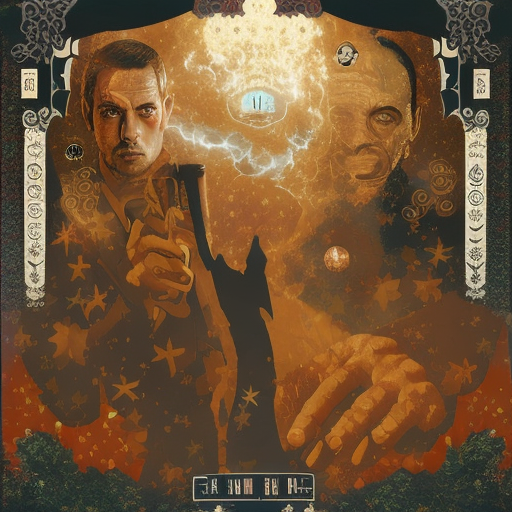Summary: Mashups are a form of art and culture that combine elements from different sources to create something new and unique. They can be found in various mediums such as music, visual art, literature, and film. Mashups often challenge traditional notions of originality and copyright, as they involve the appropriation and remixing of existing works. Despite legal and ethical concerns, mashups have become increasingly popular and have had a significant impact on contemporary culture.
What are Mashups?
Mashups are a creative practice that involves blending and remixing elements from different sources to create a new work. They can be seen in various forms, including music, visual art, literature, and film. The term “mashup” originated in the music industry, where DJs and producers would combine different songs to create a new track. However, the concept of mashups has since expanded to other art forms.
The Process of Mashups
The process of creating a mashup involves selecting and combining elements from different sources. For example, in music, a DJ might take the vocals from one song and overlay them onto the instrumental track of another song. In visual art, an artist might combine images from different paintings or photographs to create a new composition. Mashups can also involve the remixing of text, where writers take excerpts from different sources and rearrange them to create a new narrative.
Challenging Notions of Originality
Mashups challenge traditional notions of originality and creativity. Instead of creating something entirely new, mashup artists appropriate and remix existing works. This raises questions about copyright and intellectual property. While some argue that mashups are a form of plagiarism, others see them as a legitimate form of artistic expression. Mashups can be seen as a way to reinterpret and reimagine existing works, creating something new and unique in the process.
Legal and Ethical Concerns
The legality and ethics of mashups are often debated. Mashups often involve the use of copyrighted material without permission from the original creators. This raises concerns about intellectual property rights and fair use. While some artists and creators are supportive of mashups and see them as a form of homage or tribute, others view them as a violation of their rights. The legal landscape surrounding mashups is complex and varies from country to country.
The Impact of Mashups
Despite the legal and ethical concerns, mashups have had a significant impact on contemporary culture. They have become increasingly popular, particularly in the age of the internet and digital technology. Mashups have influenced various art forms, from music and visual art to literature and film. They have also influenced popular culture, with mashup memes and videos going viral on social media platforms. Mashups have the power to challenge and subvert traditional narratives and cultural norms, offering new perspectives and interpretations.
Conclusion
Mashups are a form of art and culture that blend and remix elements from different sources to create something new and unique. They challenge traditional notions of originality and copyright, raising legal and ethical concerns. Despite these concerns, mashups have become increasingly popular and have had a significant impact on contemporary culture. They offer a way to reinterpret and reimagine existing works, creating new narratives and perspectives. Whether seen as a form of plagiarism or a legitimate form of artistic expression, mashups continue to push boundaries and challenge conventions in the art world.












